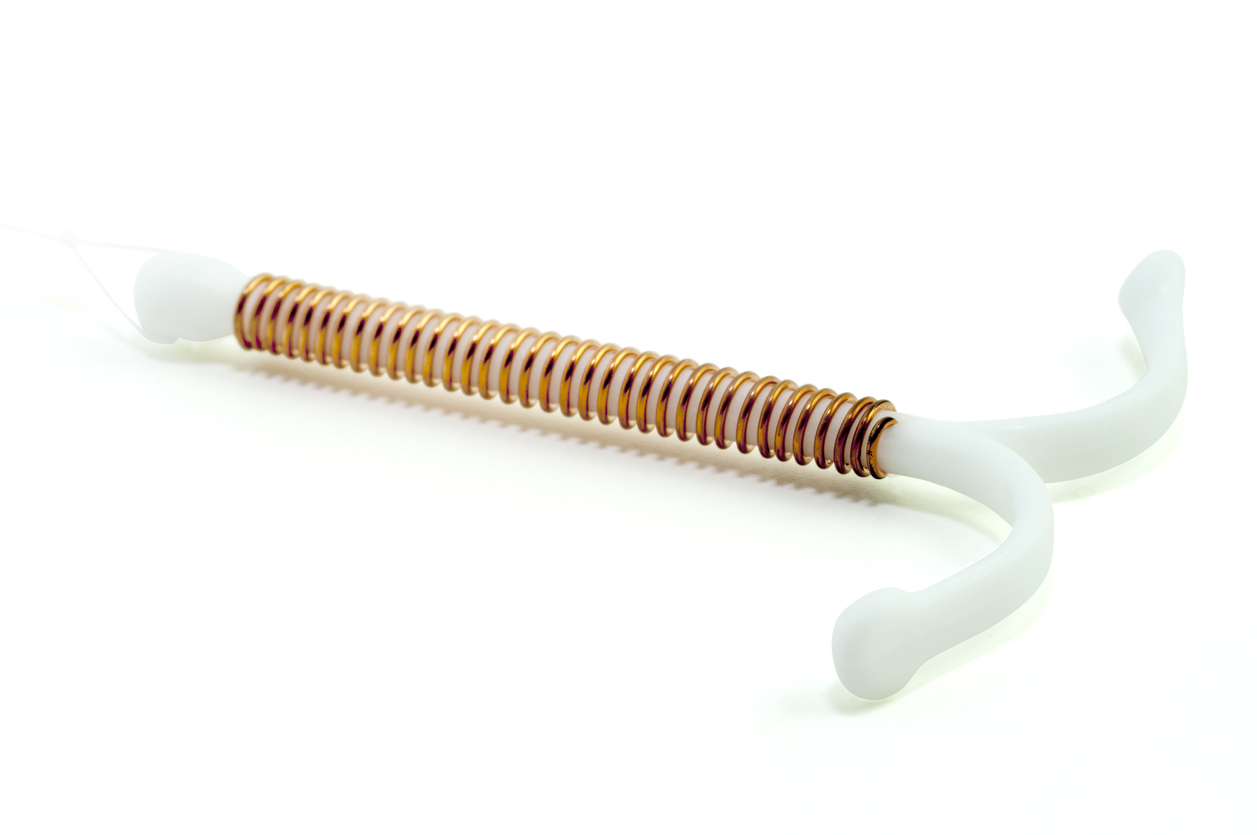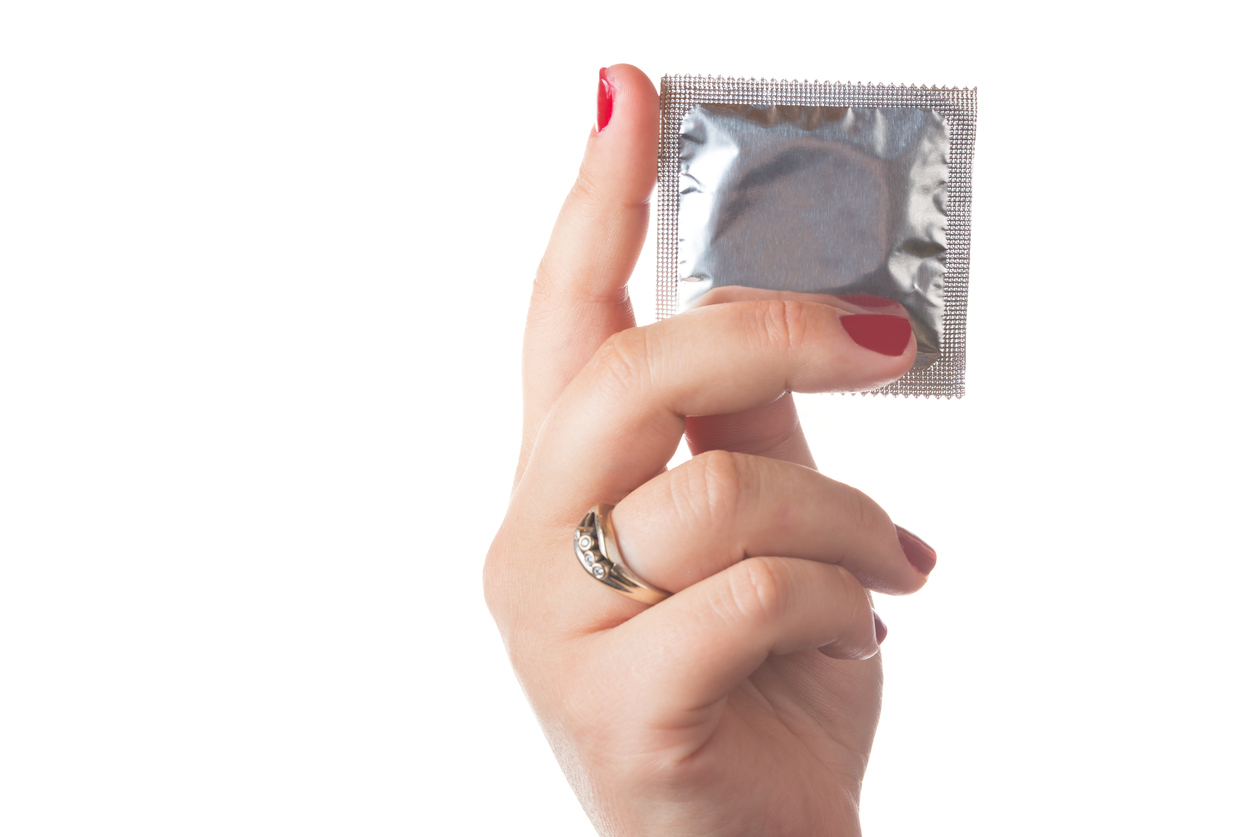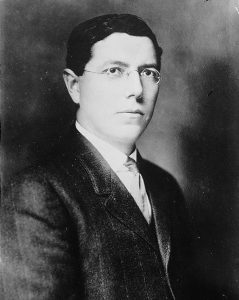Long-Term

Note: The information listed below does not replace individual advice by your gynecologist.
Implants (Implanon.NXT ) >>
How it works
The contraceptive implant is a small plastic rod and contains a depot with etonogestrel, which mainly inhibits ovulation. The omplant is inserted under the skin on the inner aspect of the upper arm. The implant lasts for three years at which point it can be replaced by the gynecologist if desired.
Advantages
Very effective contraception over a long period of time. No estrogen deficiency that endangers bone health.
Side effects
Bleeding disorders, weight gain can occur. "Walking" of the stick inwards when weight increases with the resulting difficult removal is possible.
Effectiveness
Very high effectiveness with a Pearl-Index of 0.1.
Depot injection (3-month injection)
How it works
The corpus luteum medroxyprogesterone acetate (MPA) is injected into the thigh every 3 months. The contraceptive effect is a result of centrally suppressed hormonal control of the ovaries, stopping them to release an egg, and at the same time of an effect similar to that of the mini pill.
Advantages
No user errors, good contraceptive effectiveness for selected patients.
Side effects
Weight gain is possible, bone density decreases with continuous use and poor controllability (often long cycle disorders after stopping).
Effectiveness
Very high effectiveness with a Pearl-Index of 0.03 – 0.4.
How it works
The IUD (intra-uterine device) is inserted into the uterus. It contains levonorgestrel, which causes a local change in the endometrium and mucus in the cervix. In addition, there are other effects comparable to the classic mini pill. The different products of the manufacturers differ in dosage and size. Accordingly, the IUDs last for approx. 3 to 5 years. After that period the IUD is removed.
Advantages
Very effective and long-term contraception. Freedom from bleeding is possible, bleeding disorders can be suppressed and an existing endometriosis can be stopped as it progresses.
Side effects
Bleeding disorders are possible, cyst formation is favored. There are low levels of hormones in the blood, so side effects comparable to those of the mini pill can occur.
Effectiveness
Very high effectiveness with a Pearl-Index of 0,05 – 0,2.
Source: M. Ludwig: Hormonelle Kontrazeption, 2. ed. (2015), Optimist-Fachbuchverlag.

Related Links
Bildquellen:
- Beratungsgespräch Verhütung: Bildrechte bei Dr. F. Möller
- Raymond Pearl: George Grantham Bain Collection (Library of Congress)






